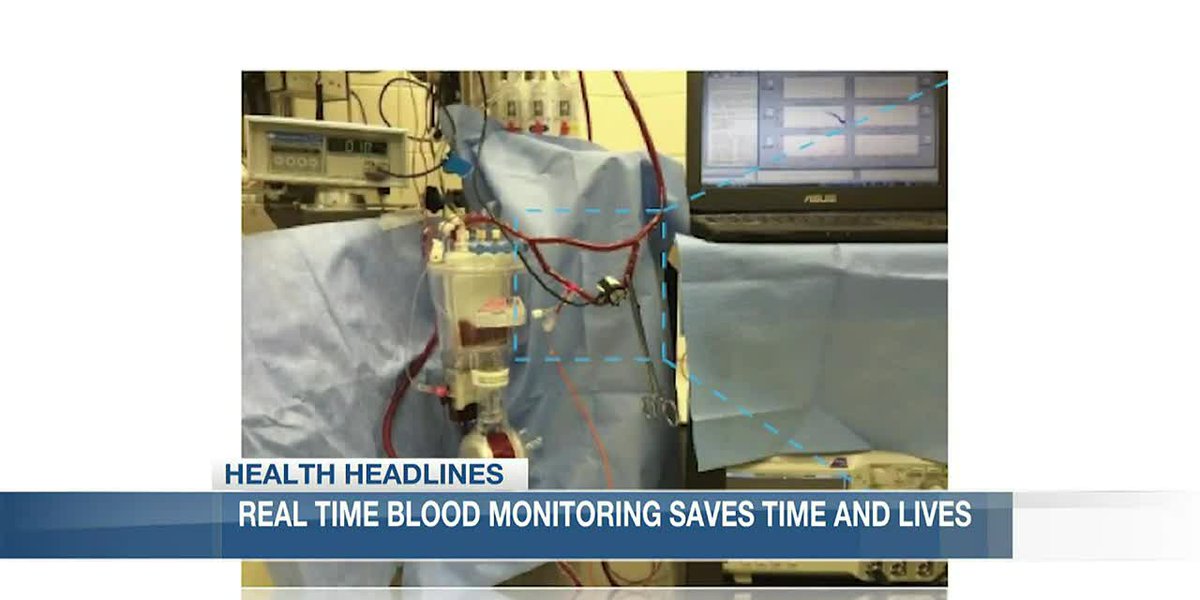Blood
Health Headlines: Real time blood monitoring saving time and lives
ORLANDO, Fla. (Ivanhoe Newswire) – More than 20,000 babies are born needing open heart surgery. These complex procedures are a lifeline for children with congenital heart defects. Many of these surgeries can take up to 12 hours. Now, one surgeon has developed something that could transform the field of heart surgeries not only for babies, but adults, too.
Every second counts in the operating room, but critical time is lost every day during open heart surgeries as doctors wait on blood test results.
Pediatric cardiac surgeon at Arnold Palmer Hospital for Children at Orlando Health, William DeCampli says, “We need a way of monitoring the status of the blood.”
Blood is taken throughout an open heart surgery so it can be tested for coagulation. Getting results from the lab can take 20 to 30 minutes.
“We would be drawing four, five, six rounds of those tests, but each one is delayed in us getting back the answer,” Dr. DeCampli explains.
This issue is particularly critical for the youngest patients who are more susceptible to complications.
“The risk to the child is a fatality,” Dr. DeCampli emphasizes.
But now, surgeons have a new tool – a real-time blood monitor. The monitor can provide instant blood analysis by using a tiny optical fiber inserted directly into the heart-lung machine.
Dr. DeCampli adds, “The light is transmitted along a very tiny optical fiber. That same optical fiber receives the signal that comes from the red blood cells as the light literally reflects off it.”
Results from the first clinical trial showed the real-time monitor was just as accurate as sending the samples to the lab. If more studies prove its effectiveness, the real-time blood monitor could be a game-changer and life-saver in the operating room.
Researchers also believe the real-time blood monitor could be used not only for heart surgeries, but for trauma patients and even COVID patients. The team’s next clinical trial will focus on pediatric patients, with plans to expand to adult trials. If all goes well, they hope to make the blood monitor available to all hospitals within the next few years.
Contributors to this news report include Marsha Lewis, Producer; Roque Correa, Videographer & Editor.
Copyright 2023 KPLC. All rights reserved.

